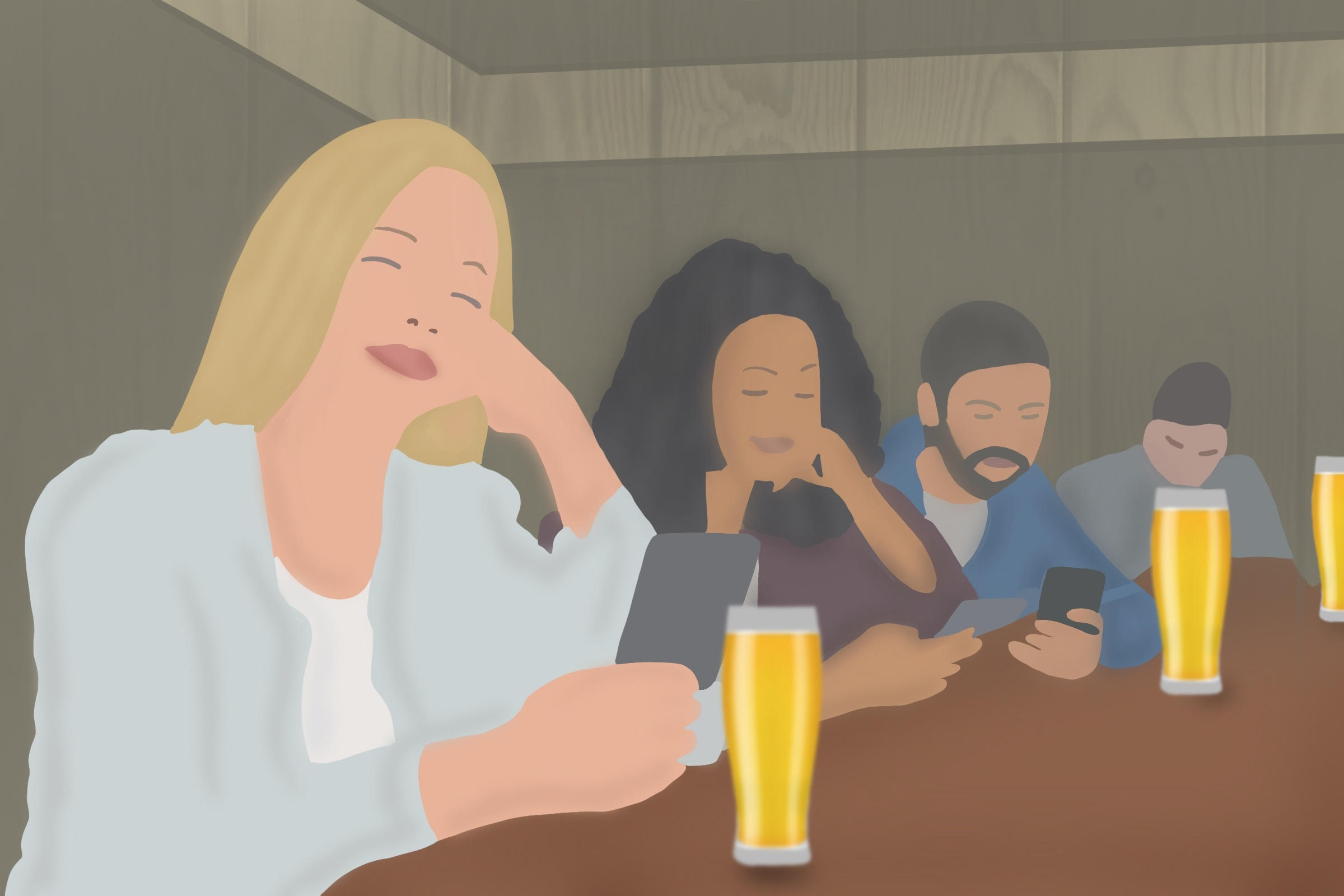So, why is this the case? The ultimate goal of online dating apps should be to function as a conduit in creating committed relationships, right? Wrong. The realm of online dating has become a multi-billion dollar industry — an industry that profits primarily off of user addiction, especially by keeping its users single. The way that the industry accomplishes this is twofold, relying on qualities of gamification and what psychologist Barry Schwartz refers to as the “paradox of choice.”
The presence of the choice paradox in online dating is perhaps best understood through the analogy of online shopping. Studies have shown that as shoppers are exposed to more options for potential purchases, they are paradoxically less likely to be satisfied with their ultimate decision. As our brains become inundated with a variety of choices, we often experience choice paralysis: An anxiety-induced state that prevents us from making a resounding decision.
On Tinder, the user’s experience of choice overload has become a frequent occurrence. In the emergence of what some are calling “serial swipers,” many users can be seen displaying strong hesitations to commit to a singular option due to fears of missing out on a potentially better one.
The infiltration of the choice paradox into the realm of relationships is especially dangerous. Unlike the case of online shopping, users aren’t choosing between products, they’re choosing between people. The resulting world of online dating has become a breeding ground for objectification, sexual harassment and insecurity, as choices are increasingly influenced by abundance and appearances rather than genuine compatibility.
The instant gratification offered by each ‘match’ causes the idea of exclusivity to appear unsettling, with many individuals remaining addicted to these apps even in committed relationships. Specifically, 30% of Tinder users are married, and another 12% are in relationships. Because of this, the online dating world has become a hotbed for cheating and noncommittal sex. Users find themselves immersed in an endless, twisted game, where matches and hookups function as points to keep score.



Apparently it's owned by Match as well, but I would assume it works marginally better than Tinder. Tinder seems to be the cash cow roulette/online shopping experience that's not intended to generate any matches other than by accident. The other "brands" are just slightly less shitty variants of that. There might be some genuine attempts at matchmaking services (OKCupid pre-Match acquisition) but without the large user base they probably just won't be very effective.
Yeah a friend who uses dating apps quite successfully (over six foot muscular dude in med school) said Hinge was the most personal of the dating apps he used which is why I've been considering it. As kind of the opposite of a six foot muscular doctor-in-training, I probably won't have much luck on Tinder. Not gonna hold my breath for Hinge either but maybe this summer if I can work off the dad bod a little I'll try it.